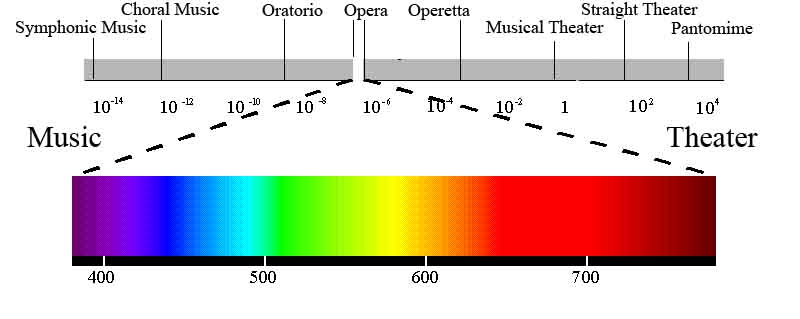Hilary Hahn vs. The Richter Scales
 Hilary Hahn is one of the most successful classical music artists alive. Debuted with Baltimore Symphony Orchestra at the age of 12, finished her bachelor requirements at Curtis at 16, signed with Sony at 17, and was named “America’s Best” young classical musician by Time Magazine at 22. She recently turned 30, and like any good generation Y-er, she has a Twitter account. Or, at least, her violin case has one. (Take some time and click the link. It’s ridiculously adorable. But do come back.)
Hilary Hahn is one of the most successful classical music artists alive. Debuted with Baltimore Symphony Orchestra at the age of 12, finished her bachelor requirements at Curtis at 16, signed with Sony at 17, and was named “America’s Best” young classical musician by Time Magazine at 22. She recently turned 30, and like any good generation Y-er, she has a Twitter account. Or, at least, her violin case has one. (Take some time and click the link. It’s ridiculously adorable. But do come back.)
A few years ago I was torn between seeing her play a brief free show at Amoeba Records on Haight and seeing the a Blood Brothers opening for …And You will Know Us by the Trail of Dead at the Fillmore. It was a tough call. I opted for the post-hardcore screamfest, figuring that Hilary was much less likely to flame out (or overdose) in the next five years. The Blood Brothers were amazing, but the highlight of the evening was when Trail Of Dead announced a very special guest. Out of nowhere, Hilary Hahn joined them on stage to play “To Russia My Homeland”, a song she recorded with them on their latest album, cuz that’s just how she rolls. I had no idea.
Some things about Hilary.
- She likes defying genres (see above).
- She likes communicating directly with her audience (see further above)
- She’s a big proponent of new music.
Which brings me to my point. (Almost.)
Hilary Hahn has a youtube channel where she keeps her fans up to date as she travels and tours. As part of this channel, in conjunction with the new music blog Sequenza 21, she has a series of interviews with emerging composers. What a great idea! Here’s a popular and engaging classical violinist trying to get some traction for some folks making new music.
Here she is talking to Missy Mazzoli.
httpv://www.youtube.com/watch?v=K5PSH8oDvNU
But wait. How many views does that have? A little over 1,300? Heck, The Richter Scales latest animation has more views than that and that’s our least successful video by far. This is a truly world class musician talking to a composer who is no slouch herself. And we’re getting more views with cutout animation, archival footage, and a dick joke? Actually, our video is kinda cute, but come on, this is HILARY HAHN!
So my point? Actually, I can’t remember. But it has something to do with the rewards for this new music thing being fairly meager. It’s a pretty small pie we’re fighting for. And you should all go subscribe to Hilary’s youtube channel and follow her tweets. And if nothing else you should go take a few minutes to listen to her rock the hell out of the fourth movement of Stravinsky’s violin concerto. Especially the end. The Blood Brothers would be proud.
If they hadn’t flamed out in 2007.
